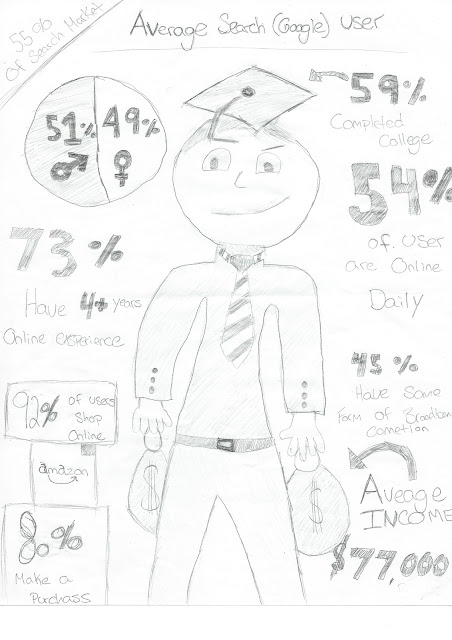Pinterest is one of the fastest growing social media
platforms to date, surpassing over 10 million user faster then any other stand
alone site in history. But what can it do for your business? Well, as Donna Moritz mentions in her article “The 10 Commandments of using Pinterest for Business”, studies have shown that, not only does Pinterest generate more traffic then LinkedIn, Google+ and YouTube combined, it can actually get you
more referral traffic than Twitter. Those, to me, are some pretty good reasons that
businesses should be using Pinterest.
Just in case your still not convinced that something as fun
as Pinterest can possibly be of use in a business sense, check out this video.
Now that your convinced (hopefully), how do we make sure we succeed with
our Pinterest account. Well, here are a few things to keep in mind.
- Have a plan, don’t just pin anything. Set up you account properly and integrate your other social medias with your account.
- Make sure you always check the source of a pin before you re-pin it and always credit your sources in your own pins.
- Pin strategically. If your pin can work on multiple boards, pin it to all of them to increase your pins reach.
- Be social. Don’t just pin, engage with other people’s pins (like your potential consumers) by liking or commenting on them and, if it fits to one of your boards, re-pin it.
- Produce visual content. Pinterest is a visual social media. Make sure you images stand out and grab users attention and interest.
These are just some of the thing you can do to insure your Pinterest success. For more in-depth tips and strategies see Moritz article on “ The 10 Commandments of using Pinterest for Business” and check out the Infographic below.




